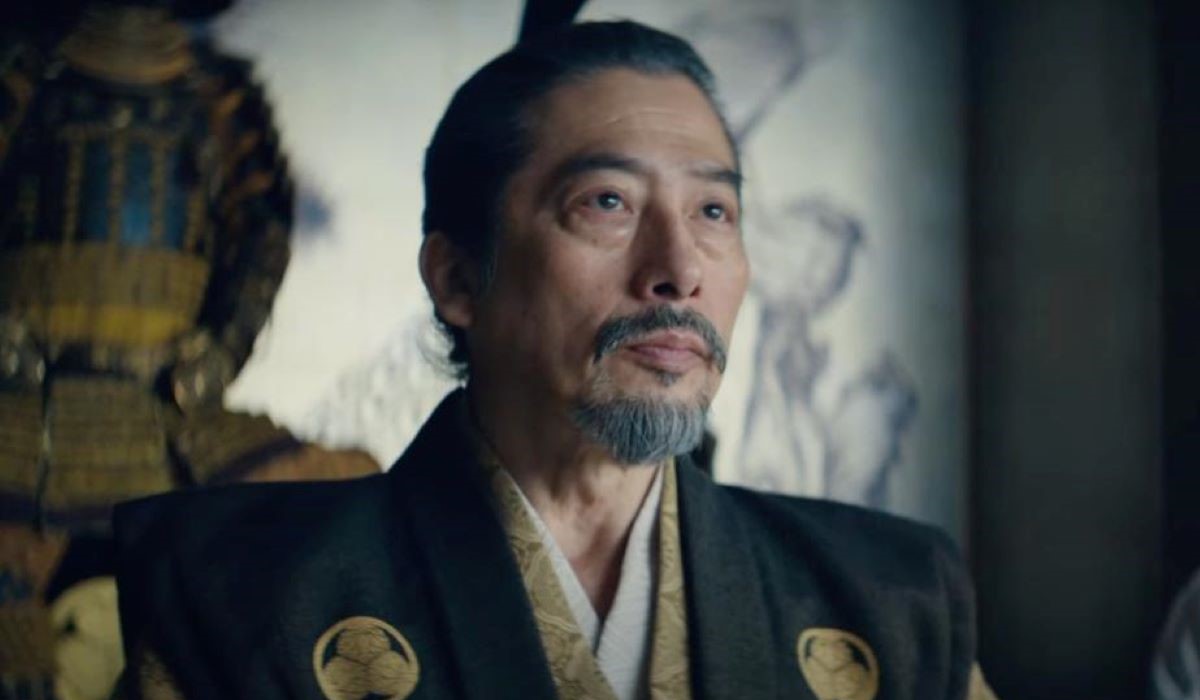Understanding the Code That Guided the Samurai of ‘Shōgun’

If you’re watching FX’s new series Shōgun, there might be some concepts you’re not familiar with. You might be vaguely aware of the Warrior Code (Bushido) that the samurai of old were subject to but let’s dig in a little deeper.
According to Inazo Nitobe, former Japanese diplomat and author of the 1899 book Bushido: The Soul of Japan, there are eight principles that form Bushido. Note that Nitobe did not coin the term, but rather introduced it to Western readers—and has been criticized for filtering these concepts through a Western lens.
Still, this basic understanding of the concepts will give you more context as you watch Shōgun and understand the actions of the samurai of 16th and early 17th Century Japan.
The Eight Principles of Bushido
The Bushido was formed under the influence of Buddhism and Shintoism, which dominate Japan’s spiritual landscape. Most texts, including Nitobe’s, point to eight principles that comprise the Bushido: justice, courage, benevolence, politeness, truthfulness, loyalty, honor, and self-control.
Justice is primarily the ability to make decisions within moral uprightness and reason. This includes making difficult, but good, decisions. There are many ways in which the virtue of justice could be interpreted among the warring samurai clans.
Despite the gritty trailer for the drama series, death doesn’t appear to be a terrifying concept, which is perhaps due to the virtue of courage. This doesn’t mean that samurai are willing to die for just anything. Rather, these warriors were expected to live and die for worthy causes. Thus, courage becomes a virtue only when it is practiced with righteousness.
Samurai movies are filled with bloodshed but benevolence is also part of the Bushido. Benevolence is also the most highly regarded virtue in the Warrior Code. Even if the samurai were not held back from taking lives, they are still expected to exhibit mercy and compassion towards others.
In the trailer for Shōgun, Mariko tells Blackthorne not to be “fooled by our politeness.” This is because even with the Bushido, samurai are allowed to kill when they see fit. However, politeness is also part of the eight principles that make up the Bushido. This is to show regard and courtesy for others.
Politeness can’t be sincere without being truthful. But this is mainly applied to being true to one’s commitments and upholding oaths made with others. This was highly important at a time when allegiances constantly shifted and many samurai battled for dominance in Japan.
Loyalty, despite shifting allegiances in Edo Japan, was a code that many samurai abided by. The highest-ranking samurai (‘hatamoto’) were expected to die for their feudal lords, and this was regarded as honorable.
Speaking of honor, this is a word thrown around all the time, just as “freedom” is in many Western films. But honor in the Bushido was meant to equate this with personal dignity and self-worth. So if these samurai make a grave mistake that could sully this honor, it is only through death by self-exit that they can find redemption.
There’s no doubt that self-control, or restraint, is a virtue. Through self-control, the samurai can achieve consistency. But this also meant preventing themselves from succumbing to passions or expressing them outwardly.
There’s a lot more to the Bushido but these fundamentals should be a good jumping-off point to enjoying FX’s new epic series.
(featured image: Hulu)
Have a tip we should know? tips@themarysue.com